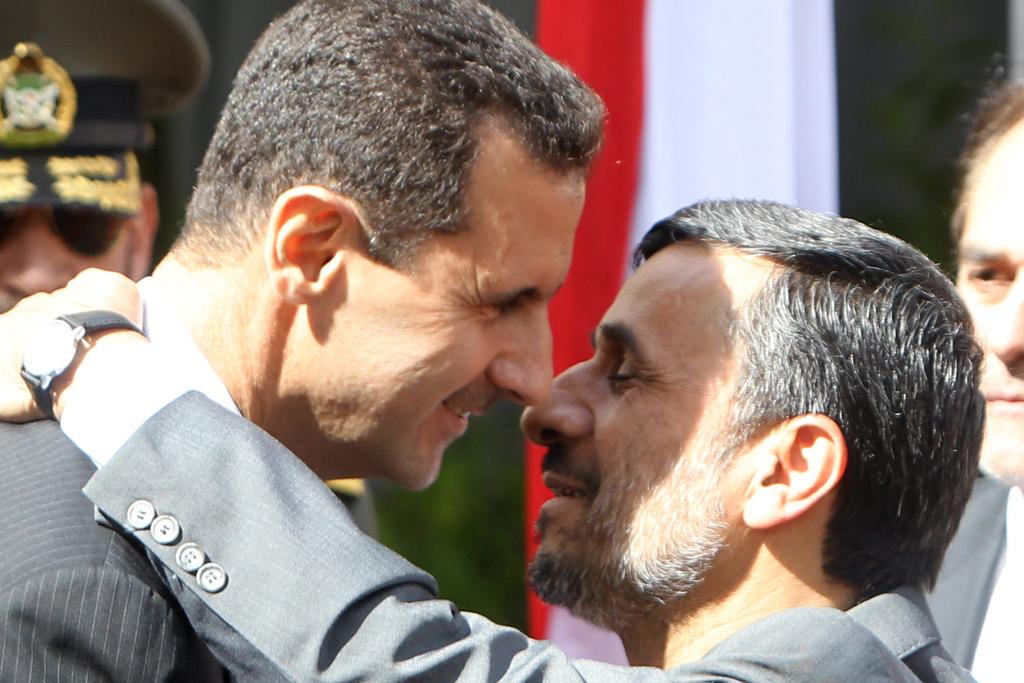Iran calls for end to violence in Syria
Iranian President Ahmadinejad worries for his ally President Bashar al-Assad and calls for dialogue
Six months into the continuing violent crack down by security forces on the uprising in Syria, which the UN now says has killed more than 2,200 civilians, President Bashar al-Assad’s main ally, Iranian President Mahmoud Ahmadinejad, appears to be getting concerned.
In a rare, direct intervention in the internal affairs of Syria – an arena Damascus is always telling the world it has no place in meddling – Ahmadinejad on Wednesday called for a dialogue between the Assad regime and the protesters. "The people and government of Syria must come together to reach an understanding," he told Hezbollah-run Al Manar television.
"When there is a problem between the people and their leaders they must sit down together to reach a solution, away from violence," he said. "One must not kill the other, because killing, whichever side is responsible, serves Zionist interests.”
His comments directly contradict the official state narrative that security forces are battling against an armed uprising by gangs and Islamist extremists. The question to be answered is whether Assad, who has defied all calls to end the violence against protestors, will listen to his only ally.
"We need freedom, justice and free elections," said Ahmadinejad. "The people who seek freedom and justice… must strengthen the resistance against the Zionist entity."
Many Iranians might wonder why Ahmadinejad has suddenly become interested in human rights after Iranian security forces killed dozens and arrested thousands in an attempt to crush pro-democracy protesters in Tehran following his disputed re-election as president in 2009.
However, as the Syrian uprising enters its sixth month, with the international community calling for harsher sanctions against the regime, the UN Human Rights Council calling for an investigation into crimes against humanity, and President Obama calling on Assad to step down, Tehran appears to be growing worried.
Iranian officials have several times called on Assad to make reforms in order to avoid the same destiny as the former heads of state in Tunisia, Egypt and Libya. But so far there is little sign that the Syrian president is willing or able to listen and much less that the protesters are ready to believe anything he has to promise them.
Every day, reporters and producers at The World are hard at work bringing you human-centered news from across the globe. But we can’t do it without you. We need your support to ensure we can continue this work for another year.
Make a gift today, and you’ll help us unlock a matching gift of $67,000!
